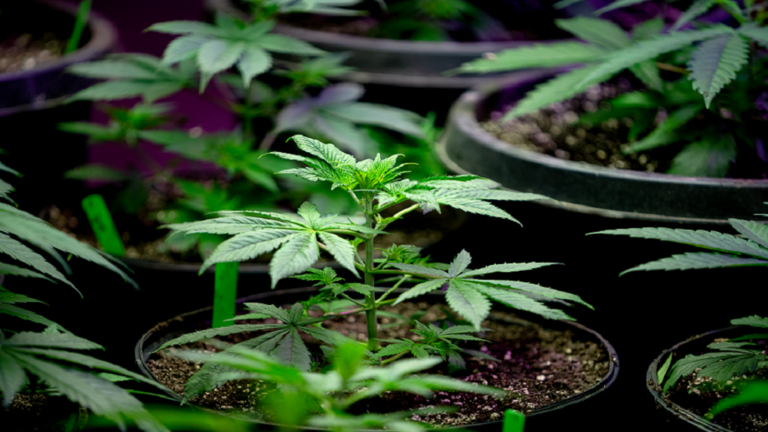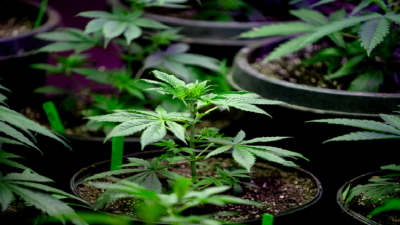Hemp plants could be the missing player in humanity's fight against climate change, as hemp can absorb carbon dioxide from the air more than twice as much as trees do. Many studies have shown that hemp captures up to 16 tons of greenhouse gases annually, while trees absorb about six tons. Additionally, carbon dioxide becomes permanently encapsulated in hemp fibers used in a variety of products—from textiles to pharmaceuticals and automotive parts.
Hudson Carbon, a research center in New York studying carbon storage, found that an acre of land planted with hemp can store up to three tons of carbon, removing over seven tons from the atmosphere. While the United States represents only five percent of the world's population, this nation is responsible for 28% of global carbon emissions. Ben Dobson, founder and president of Hudson Carbon, told Lancaster Farming: "Roughly, if the United States were to plant 50 million acres of hemp, we would sequester a few hundred million tons of carbon annually on that area."
Hemp, or industrial hemp, is a variety of the agricultural cannabis plant (Sativa) but contains low levels of tetrahydrocannabinol (THC) compared to marijuana, another type. The plant is known as a "cleanser of nature," as it pulls toxins from the air and permanently traps them inside its fibers, according to reports from Pebble Mag. It also absorbs carbon from the air while growing, making it a carbon-negative crop.
While other crops like cotton require at least 1,500 gallons of water per pound produced, hemp needs less than half this amount of water but produces over 200% of the fibers on the same land, according to Rebecca Sharman, managing director of the British Hemp Alliance. Hemp is incredibly fast-growing, taking only four months to reach maturity. The plant has become an important source for bioplastics, building materials, and biofuels.
In addition to purifying the air from greenhouse gases, hemp plants absorb heavy metals that can cause cancer, such as lead, mercury, and cadmium, from the soil, making it suitable for crops used in food. Researchers in Pennsylvania conducted a "meta-analysis" of previous studies to examine hemp's ability to absorb heavy metals. They reported that some hemp strains have been specifically bred for "phytoremediation"—growing plants to remove pollutants from the soil. However, this risks the leaching of heavy metals into the hemp crops that are later harvested and smoked by humans, potentially leading to cancer and neurological issues.




